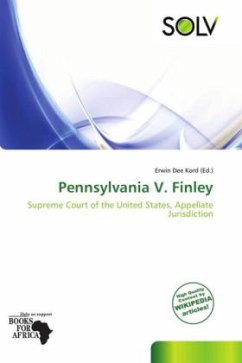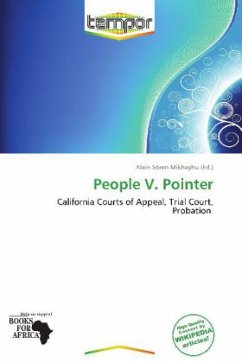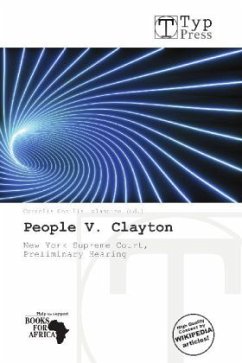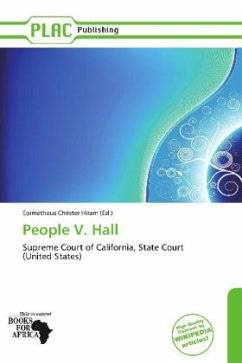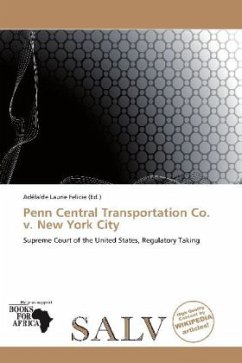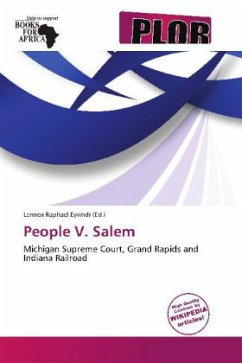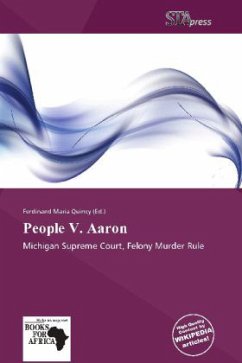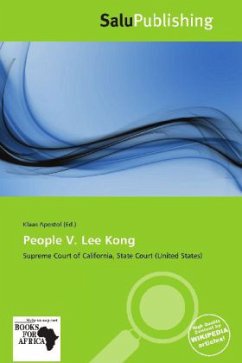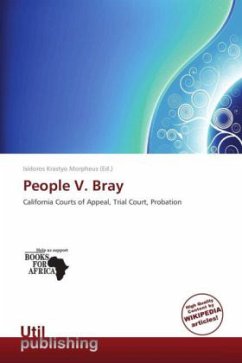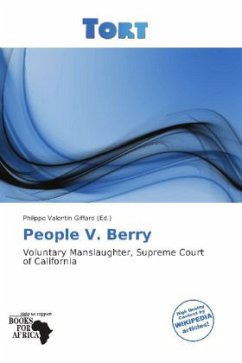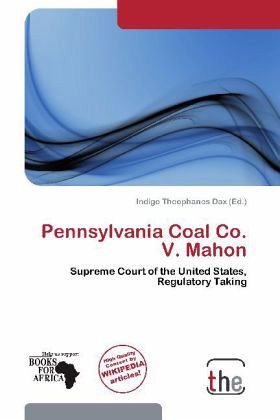
Pennsylvania Coal Co. V. Mahon
Supreme Court of the United States, Regulatory Taking
Herausgegeben: Dax, Indigo Theophanes
Versandkostenfrei!
Versandfertig in 6-10 Tagen
23,99 €
inkl. MwSt.

PAYBACK Punkte
12 °P sammeln!
Pennsylvania Coal Co. v. Mahon, 260 U.S. 393 (1922), was a case in which the Supreme Court of the United States held that whether a regulatory act constitutes a taking requiring compensation depends on the extent of diminution in the value of the property. The decision thereby started the doctrine of regulatory taking. The Takings Clause originally applied only when the government physically seized or occupied property. Prior to 1922, American courts followed a clear rule: regulation of land was not a taking. Rather, it was simply an exercise of the government s police power to protect the pub...
Pennsylvania Coal Co. v. Mahon, 260 U.S. 393 (1922), was a case in which the Supreme Court of the United States held that whether a regulatory act constitutes a taking requiring compensation depends on the extent of diminution in the value of the property. The decision thereby started the doctrine of regulatory taking. The Takings Clause originally applied only when the government physically seized or occupied property. Prior to 1922, American courts followed a clear rule: regulation of land was not a taking. Rather, it was simply an exercise of the government s police power to protect the public health, safety, welfare, and morals.



